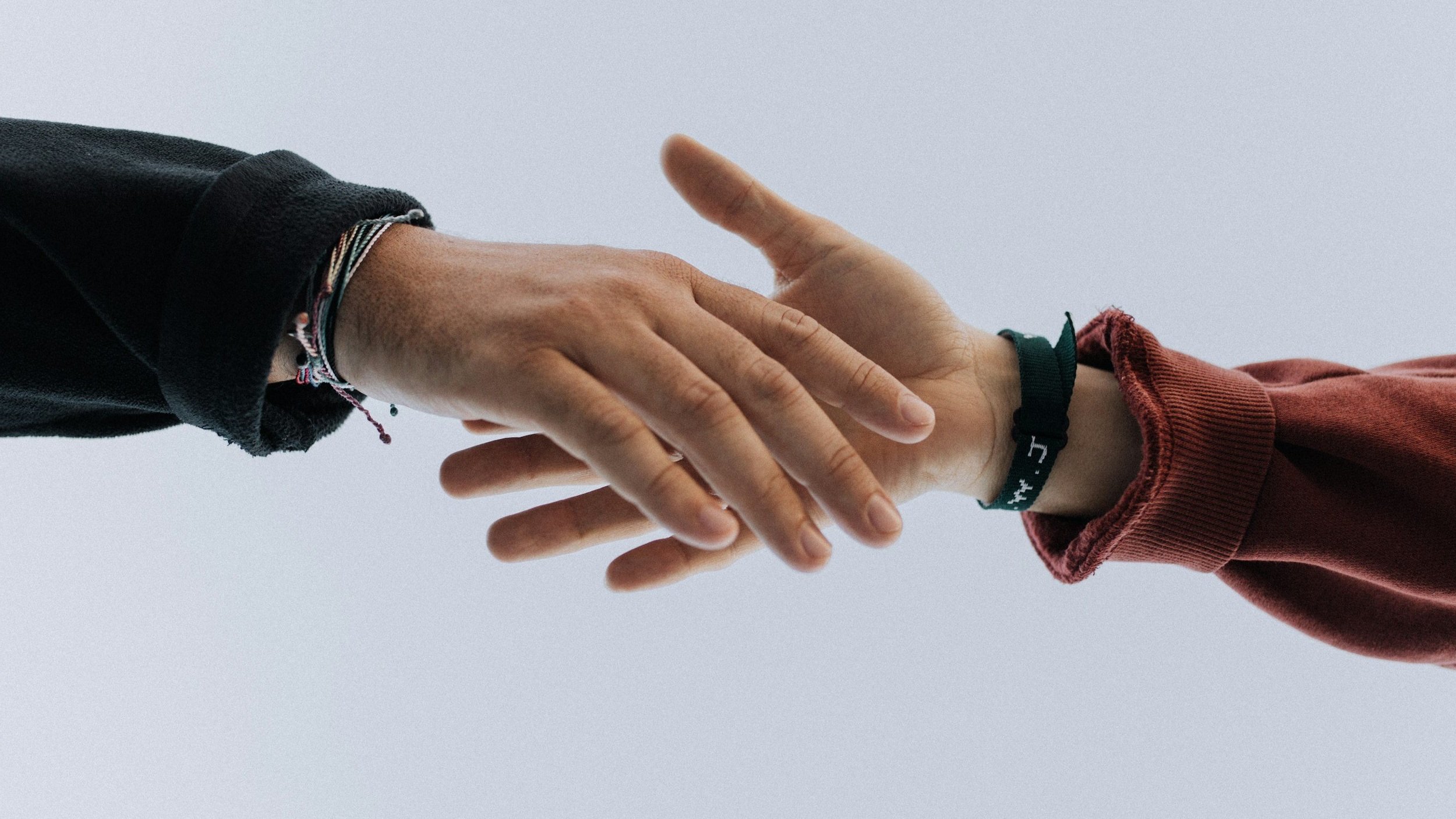The Critical Role of Civilians in Caring for Veterans
A friend of mine who is a veteran talked to me about their experience about being cared for by a civilian therapist. I immediately thought of the stories I had heard in the past of the provider lacking the cultural understanding! But, the conversation went completely the opposite direction. The therapist not only had the cultural humility but also the competency… well informed and provide a safe environment for the healing to occur…
In the world of veteran care, a persistent bias often goes unchallenged: the belief that only those who have served can truly understand and treat those who have. This perspective, while understandable, can be limiting and even harmful to the broader mission of veteran well-being.
As a veteran myself, I’ve seen firsthand how trust is often reserved for those with shared experience. The trauma, camaraderie, and complex identity of military service can create an internal barrier, sometimes unconsciously, that causes veterans to view civilian providers with skepticism. "You wouldn’t understand," becomes both shield and sword, protecting vulnerability while reinforcing isolation.
But the reality is that our healthcare systems and our veterans cannot thrive within these boundaries. Civilians play a critical role in veteran care, not as replacements for veteran providers, but as essential partners. Their value does not stem from having worn the uniform but from their capacity for empathy, clinical excellence, and cultural humility.
Civilian providers bring diverse skills and perspectives that are crucial for whole-person care. Many are trained in trauma-informed care, cultural competence, and evidence-based practices specifically tailored to veteran populations. And those who aren't, yet, can be. Training, mentorship, and exposure can build cultural fluency just as military boot camps shape raw recruits into capable soldiers.
What’s more, insisting that only veterans care for veterans perpetuates a dangerous myth, that healing is only possible through sameness. In reality, healing often requires difference: someone who can hold space without mirroring the pain, someone who listens without judgment, someone who hasn't been shaped by the same scars and can help illuminate a path forward.
As a community, we must address this internalized bias. We must elevate and support civilian professionals who choose to serve veterans. We must educate, not gatekeep. We must recognize that while shared experience can open doors, it is not the only path to trust or healing.
Veteran care should not be a closed system; it should be a coalition. Civilian providers, when prepared and supported, are not outsiders. They are part of the mission.
If we truly want to build inclusive, veteran-centered systems, we need all hands on deck, uniformed and civilian alike.


